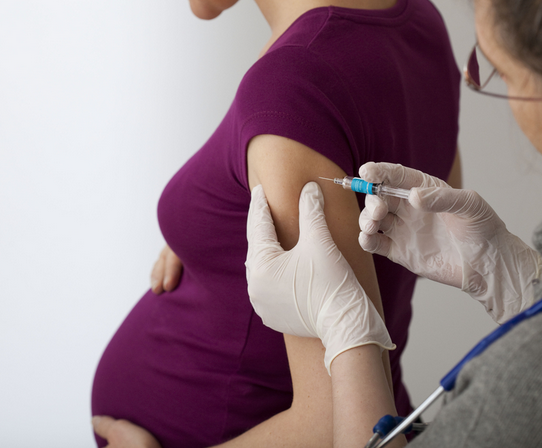-
Tips for becoming a good boxer - November 6, 2020
-
7 expert tips for making your hens night a memorable one - November 6, 2020
-
5 reasons to host your Christmas party on a cruise boat - November 6, 2020
-
What to do when you’re charged with a crime - November 6, 2020
-
Should you get one or multiple dogs? Here’s all you need to know - November 3, 2020
-
A Guide: How to Build Your Very Own Magic Mirror - February 14, 2019
-
Our Top Inspirational Baseball Stars - November 24, 2018
-
Five Tech Tools That Will Help You Turn Your Blog into a Business - November 24, 2018
-
How to Indulge on Vacation without Expanding Your Waist - November 9, 2018
-
5 Strategies for Businesses to Appeal to Today’s Increasingly Mobile-Crazed Customers - November 9, 2018
Novavax’s RSV jab protects infants in PhII, nets $89M Gates Foundation grant
Novavax said today it has won a grant of up to $89 million from the Bill & Melinda Gates Foundation toward development of the respiratory syncytial virus (RSV) F Vaccine.
Advertisement
Novavax Inc. was Tuesday’s worst performer on the Nasdaq Biotechnology Index as data from a mid-stage trial on the company’s respiratory vaccine failed to impress investors.
Novavax will take RSV F into Phase III in early 2016, the company said.
In a statement, Bill & Melinda Gates Foundation’s Pneumonia Program director Keith Klugman said RSV is the “leading cause of pneumonia in infants” and that no affordable approaches exist at present to safeguard children living in the developing world from this disease.
Respiratory syncytial virus (RSV) is the most common cause of lower respiratory tract infections in infants and young children in the USA and the world, and can lead to lung damage and death in serious cases. An estimated 64 million patients contract the disease every year, and more than 160,000 of them actually die as a result.
However, the ubiquity and the danger of RSV is often not fully appreciated, and there is now no vaccine for RSV.
Novavax studied 50 pregnant women in their third trimester and found that those who received the vaccine had increased levels of antibodies, while those on a placebo had no significant change. The company had a busy summer, reporting positive data for the Phase I trial of its investigational Ebola vaccine and for the Phase II trial of its quadrivalent seasonal flu candidate.
Women in the vaccinated group demonstrated a geometric mean 14-fold rise in anti-F IgG, 29-fold rise in PCA, and 2-fold rise in microneutralization titers. We have now delivered positive top-line data from multiple clinical trials this quarter, including two from our RSV F Vaccine program.
Advertisement
Half-lives of the key antibodies in the infants ranged from 30 to 41 days. They were followed through the remainder of their pregnancies and an additional 180 days postpartum. Moreover, the babies of the pregnant women who were administered the vaccine showed a significant bolus of all anti-RSV antibodies. The trial also assessed the transplacental transfer of maternal antibodies induced by the vaccine, the impact of maternal immunisation on infant safety during the first year of life and RSV-specific antibody levels through the infants’ first six months of life. The company plans to initiate Phase 3 clinical trial during the first quarter of 2016.





























